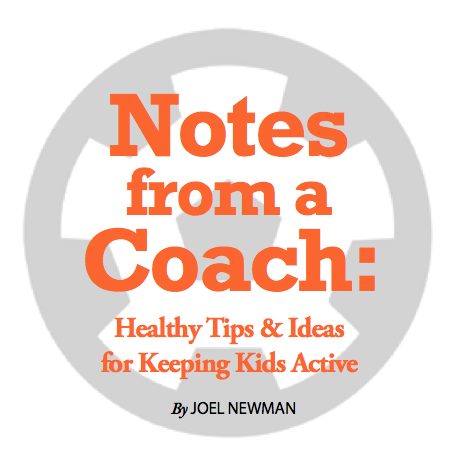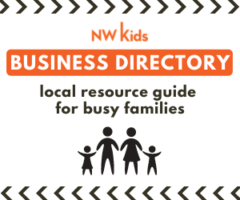
 As coaches, we spend a lot of time talking to kids about how they should behave, but who tells parents what the proper parental etiquette is at kids’ sporting events? I don’t think I’m prepared to lay down the law, but I certainly have some ideas.
As coaches, we spend a lot of time talking to kids about how they should behave, but who tells parents what the proper parental etiquette is at kids’ sporting events? I don’t think I’m prepared to lay down the law, but I certainly have some ideas.
Idea 1: Keep on the Sunny Side.
In cheering, we ask parents to cheer positively, encouraging the behaviors they hope to see rather than suggesting their kids or other players stop doing something. For the 3-year- olds we teach, this could be as simple as changing “stop using your hands” to “try and use your feet.” Coach Kailyn likes parents who cheer for all the kids, not just their own and even opposing players and teams. In the end, your encouragement of all the players shows your kids that playing soccer is about everyone trying, everyone having fun and celebrating great play.
Idea 2: Always Play in the Long Game.
Stay rooted in the reality that sports are about exercising and having fun, regardless of the performance or outcome. Rather than beginning your post scrimmage interaction with a question about their play, start with one about their experience. Instead of, “You almost made that foul shot” or “Did you win?” consider, “Did you have fun playing basketball with your friends today?” In the long run, I think parents want healthy kids who have a lifelong engagement with fitness more than they want a Fall 2013 Trophy. Stay focused on that long run.
Idea 3: Spacing is Undervalued in Sports.
Give your kids and your coach the space to take their own journey. Unless your child’s behavior on the field is unacceptable or unsafe, consider yielding and letting suboptimal behavior or situations play themselves out. Your coach, your child and the other players can work through the situation and letting them do so shows your child, and all the kids, that the coach is the person they should follow during practice. Through the struggle of in-practice conflict resolution, kids develop increased self reliance, confidence and social skills. If at some point you have positive or negative feedback for your coach, they’ll probably appreciate hearing it, but will be most prepared to digest it in a quiet moment before or after practice, rather than during practice.
Idea 4: A Final Thought on Spacing, it’s That Undervalued!
We want to show children that we care about and are interested in them and their forays into sports, but what lesson do we teach them when we turn into rabid fans who never miss a play? By attending some or many events, but not always leaving work early to see every game, or by walking to the coffee shop instead of watching every practice, we show kids that their sports are important to us, but they aren’t everything. On days when you depart, you’ll be helping them forge a joy of sports and competition as something they can experience for themselves and with their team, not just their parents.


